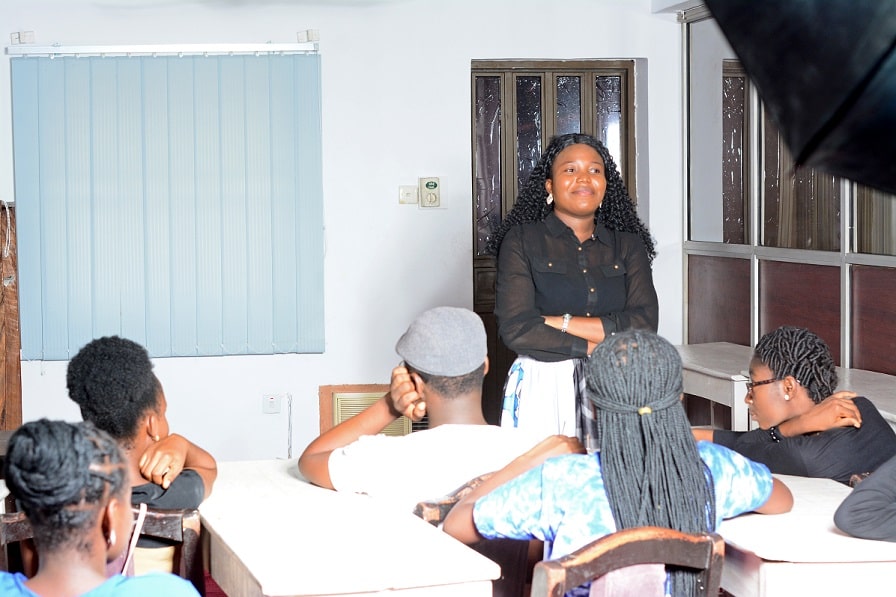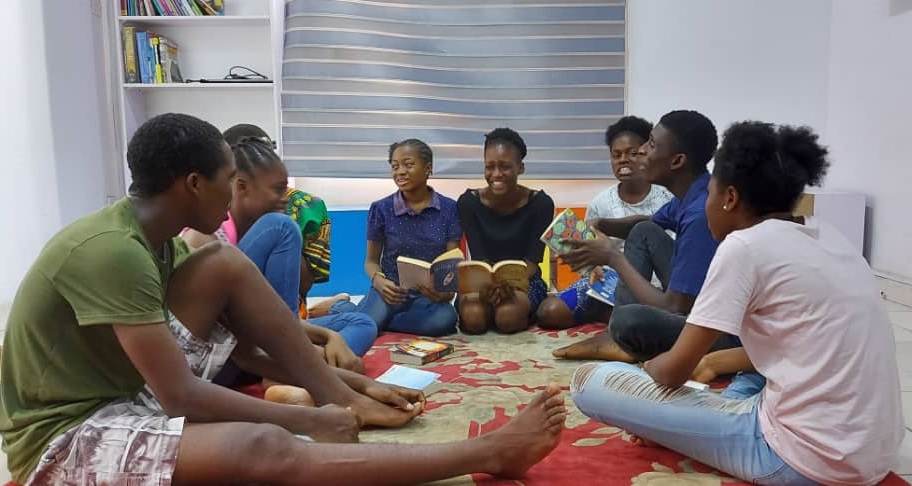Ade’s mother gave birth to a bouncing baby girl just last week and Ade is only three. For now, he doesn’t get to play hide and seek with his mum because she is always busy with his sister.Even his dad isn’t as free as he used to be. Ade doesn’t like that.He wouldn’t play with his sister because he feels she’s getting all the attention.
Mary is a twin.Her twin brother, James, is a genius.Every time she tries to read, she remembers how everyone says she is an idiot because they think she isn’t as smart as James. She distances herself from her brother who is supposed to be her best friend. All they do now is argue all the time.
Okay. My hands are up.
I am not your typical writer, but I am sure my anecdotes give you an idea of how sibling rivalry can evolve. Right? There is always a trigger.
Sibling rivalry can take many forms, from the demand to know the parents favorite to physical fighting arising from competition. Knowing the triggers of sibling rivalry is very important because it can help develop certain skills like on how to handle conflict in a positive manner. Not knowing that can equally lead to worse scenarios:destroying self-esteem!
What if nobody tells Mary how important it is to not compare herself to someone else, not even her own twin? Let’s take a quick bible detour. Remember the two brothers in Genesis? Yep, both’em. Cain and Abel were rivals. Their story is a reminder that passive or casual dismissal of sibling rivalry can lead to unimaginable consequence. If not well managed, jealousy can mutate and become full-blown hate. And when you are hate’s buddy, any scary thing is possible. As with their case, someone got murdered. Ew!
So, let’s circle back.
Sibling rivalry happens in most homes; many times, they are expressed in quiet stares than in vengeful actions. It might be difficult to tell for some. But when it is done, rivalry between siblings can be used constructively only when parents make it a priority to show their children how important it is to communicate and try to understand each other when rivalry occurs. Like in my story, Ade should know that his sister is as important to his parents as he is. That would have come through constant affirmations of his feelings and importance.Maybe then he would play with his sister.
In situations where the reference is about having a skill, strength or success that another sibling lacks, that lack should be communicated as an opportunity to learn not a passport for hate or unhealthy competition. One universal truth is that there would always be something we have that others lack. Same is true for the child who considers himself as a victim. He surely has something too that the others don’t have.
In my opinion, there must be consistent, open communication in family relationships. Parents must set that standard, first between fathers and mothers, then parents and children, and also encourage it amongst the children themselves. Open communication allows children speak freely about their feelings and observations. Where there is clear admission of difference and affirmation of individual uniqueness and brilliance, rivalry will always take the back seat.





